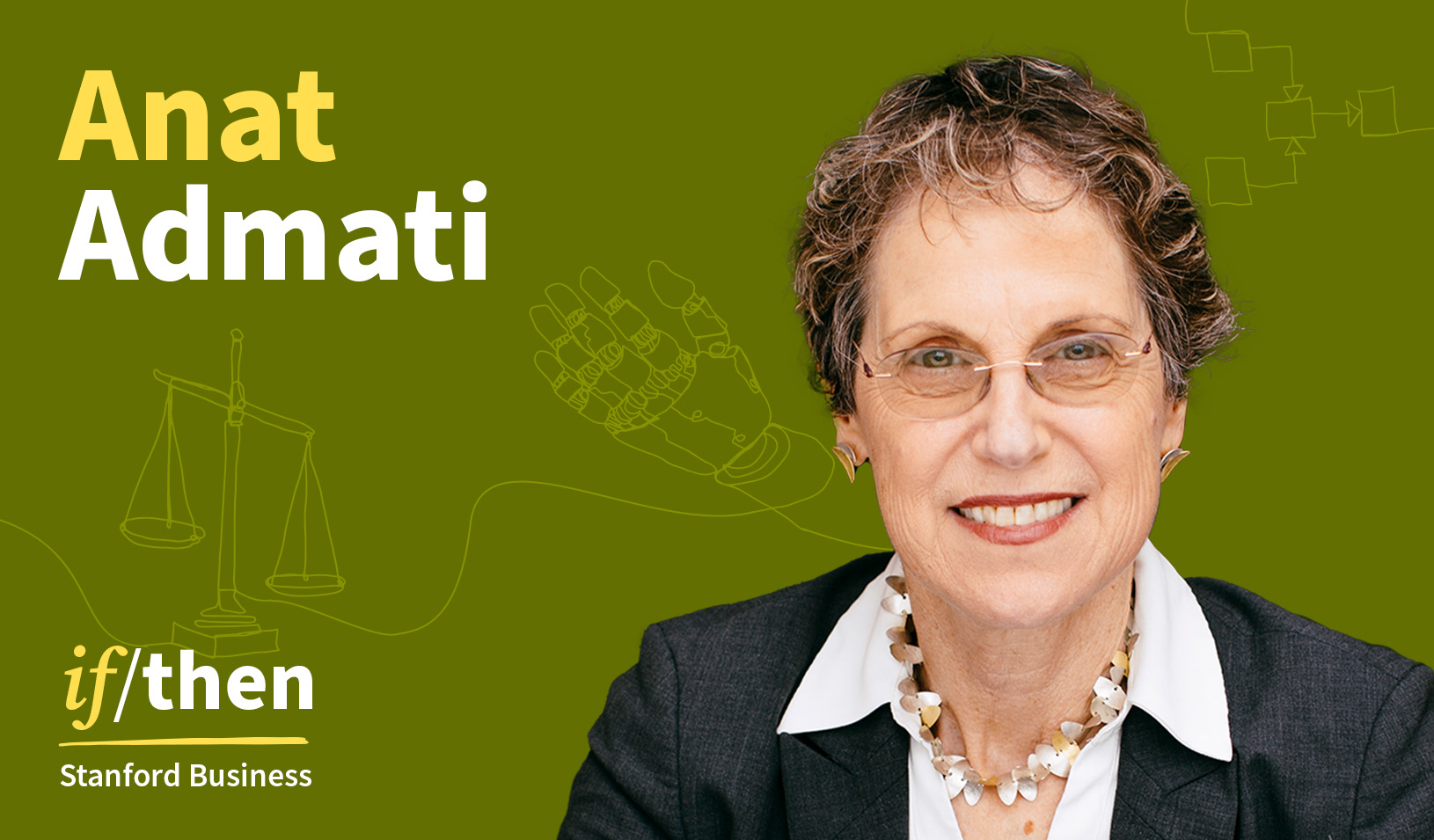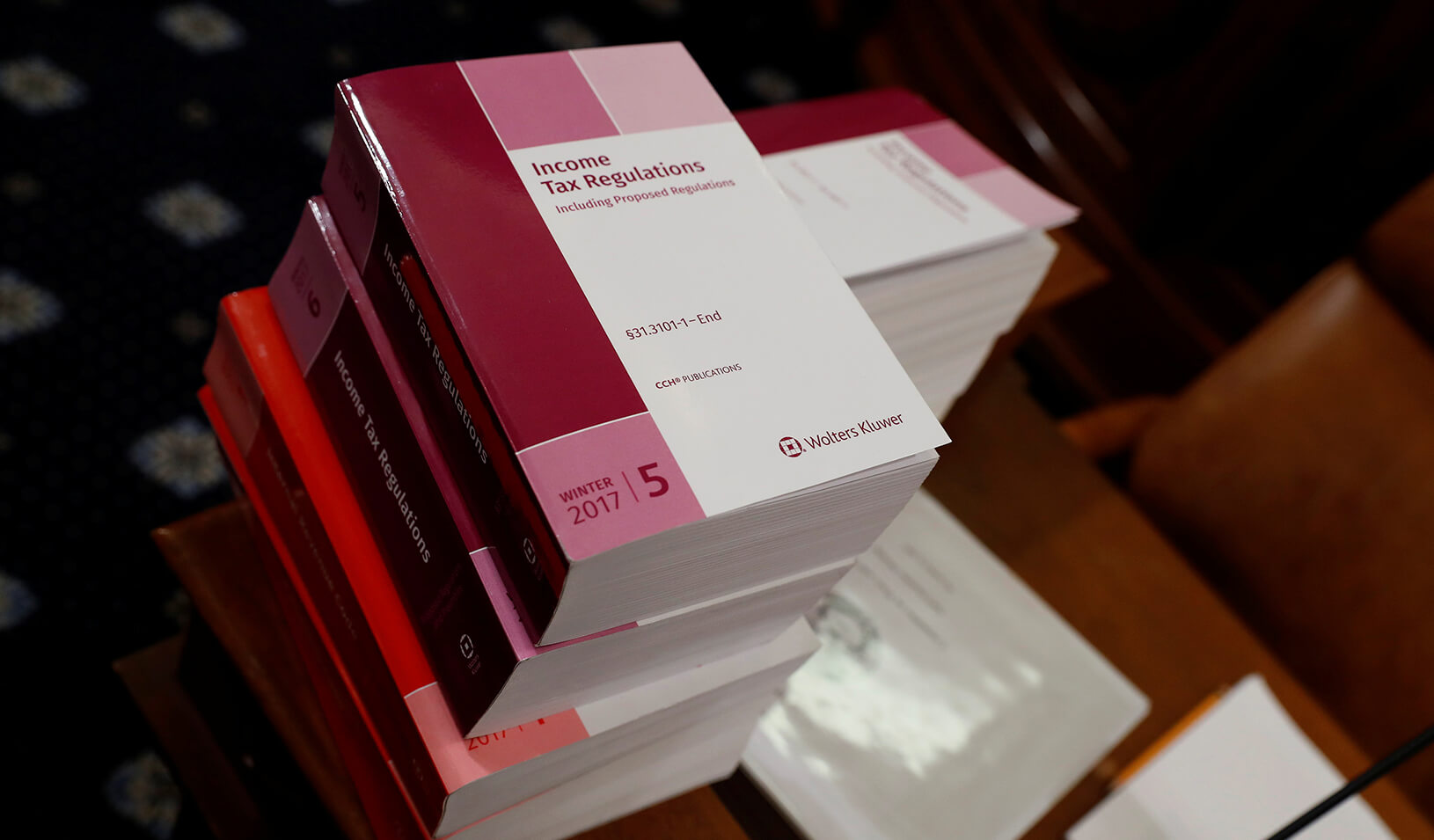Once again, it’s Tax Day. In honor of this annual American ritual, we’ve gathered some articles that illuminate research and analysis from Stanford Graduate School of Business faculty on this often complicated (and, dare we say, taxing) topic.
Share this
https://stanford.io/4aVrqil
For media inquiries, visit the Newsroom.






